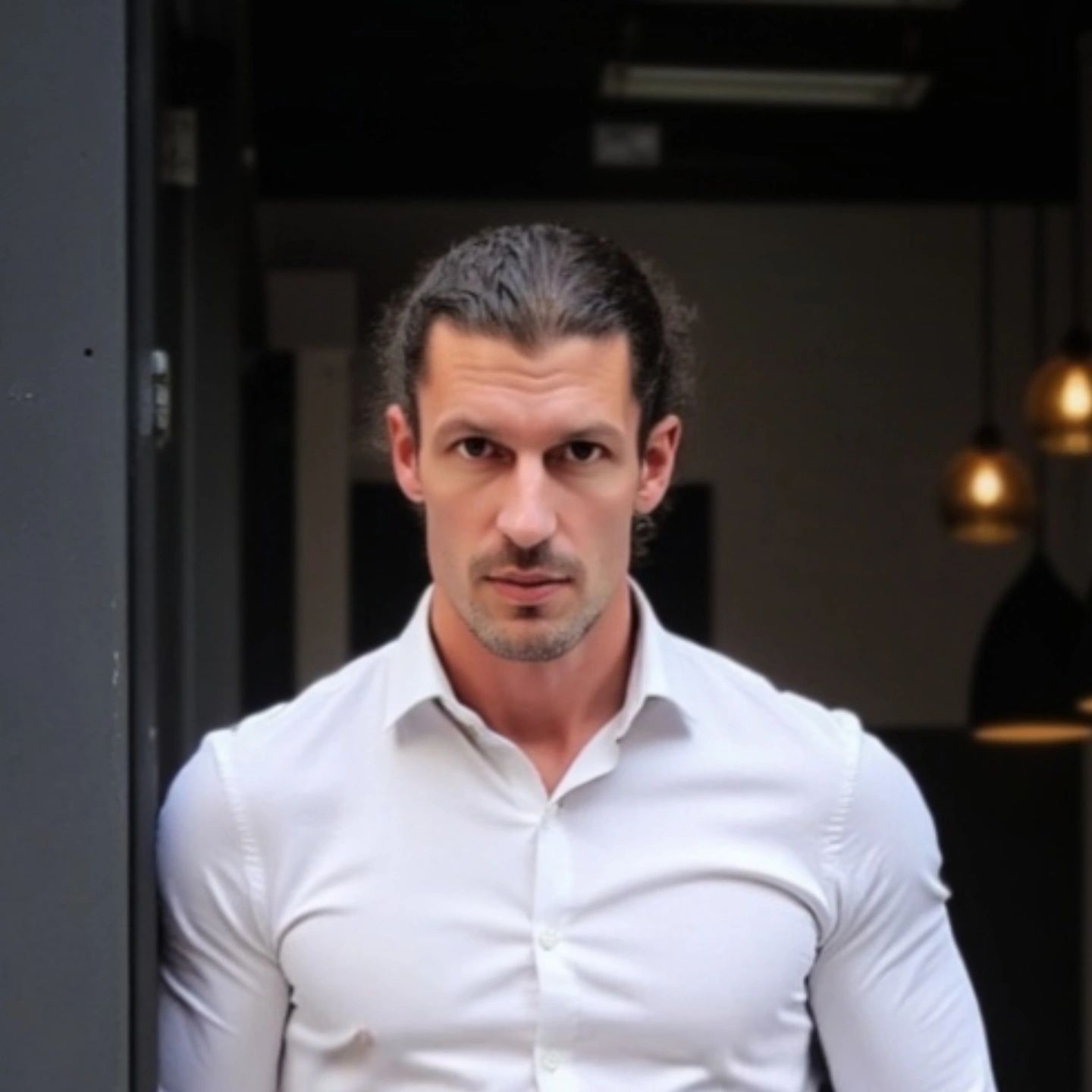Audio Presented by

I help successful entrepreneurs dissolve their false personality and architect their second life | Author of Unf*ck Your Thinking
Story's Credibility

About Author
I help successful entrepreneurs dissolve their false personality and architect their second life | Author of Unf*ck Your Thinking
